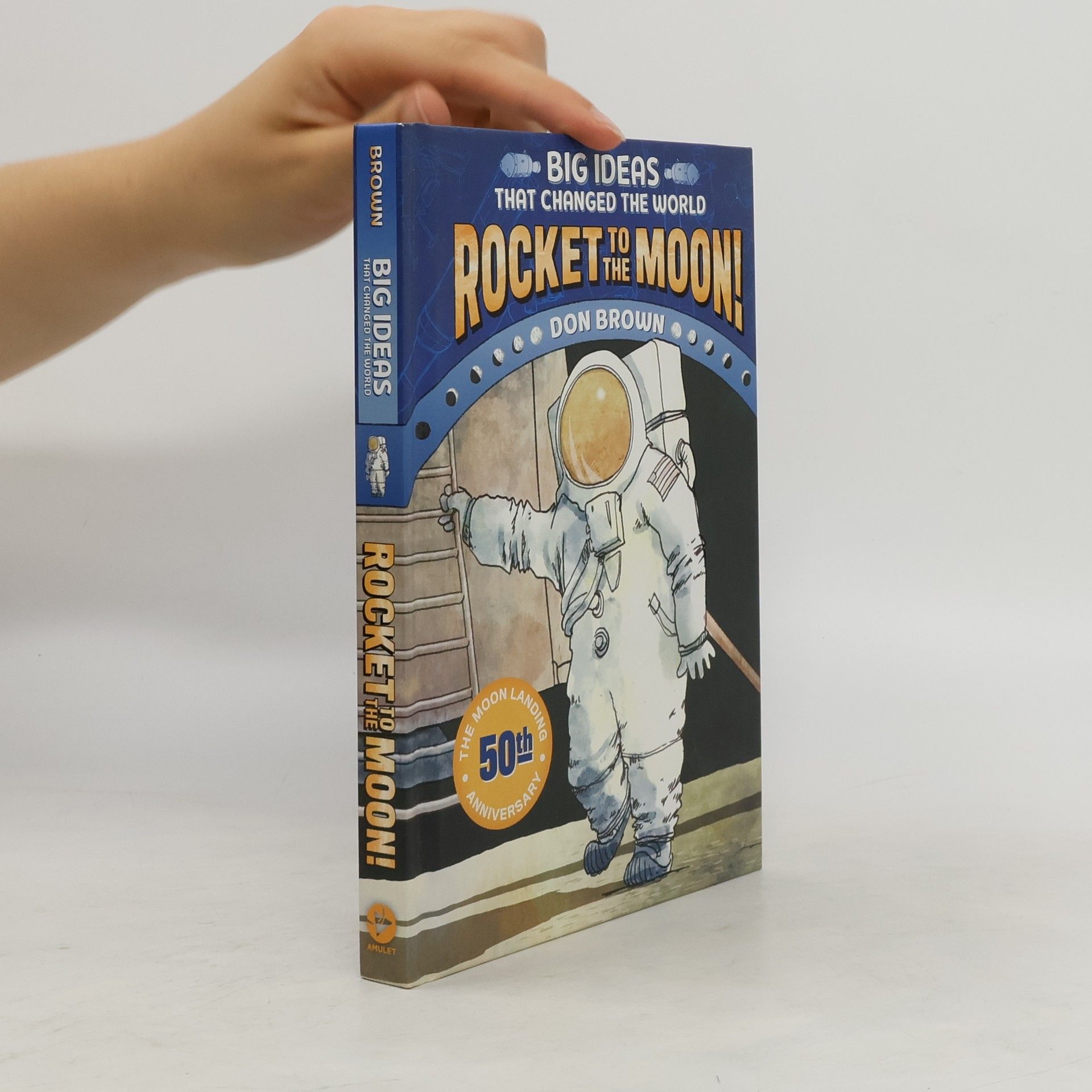Big Ideas That Changed the World - 1: Rocket to the Moon!
- 136 Seiten
- 5 Lesestunden
On July 20, 1969, Neil Armstrong took “one small step for man, one giant leap for mankind” when the Apollo 11 landed on the moon. But it wasn’t just one man who got us to the moon. The Moon Landing explores the people and technology that made the moon landing possible. Instead of examining one person’s life, it focuses on the moon landing itself, showing the events leading up to it and how it changed the world. The book takes readers through the history of rocket building: from ancient Chinese rockets, to “bombs bursting in air” during the War of 1812, to Russia’s Sputnik program, to the moon landing.

